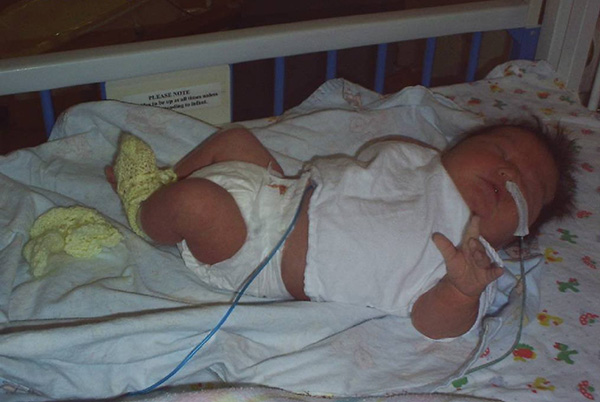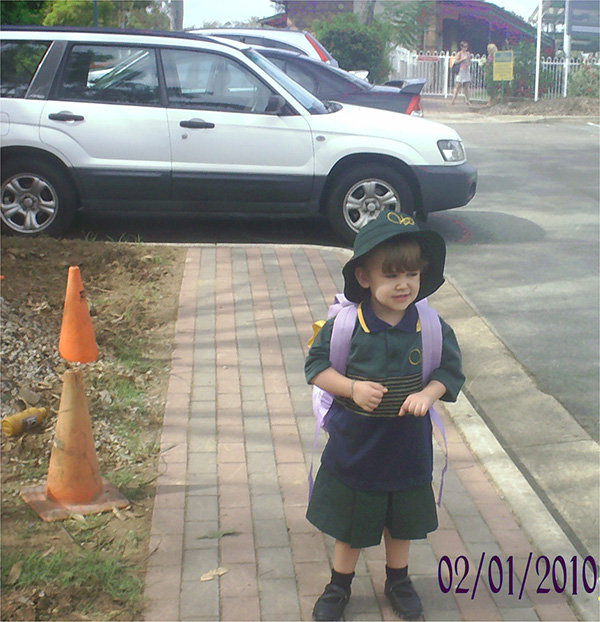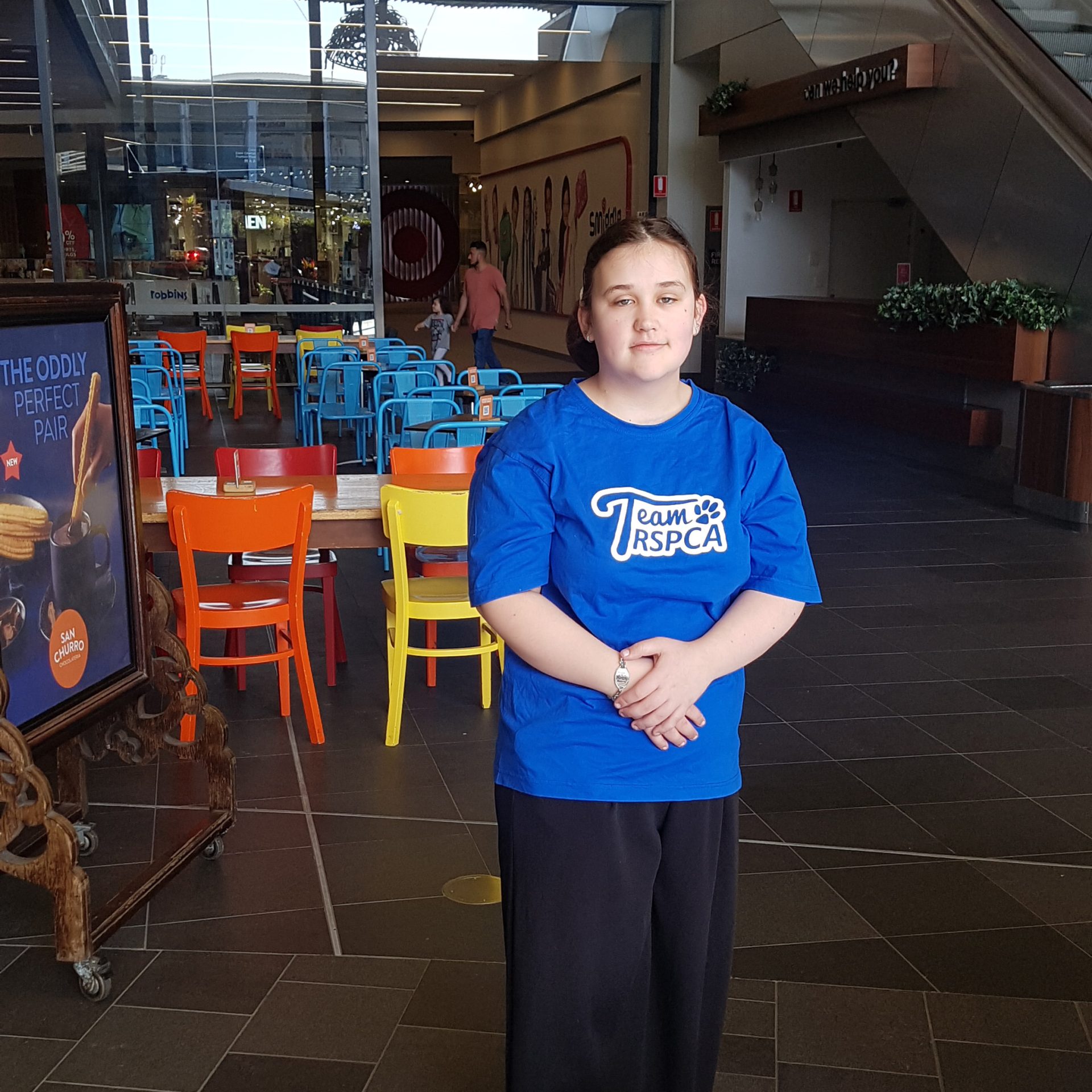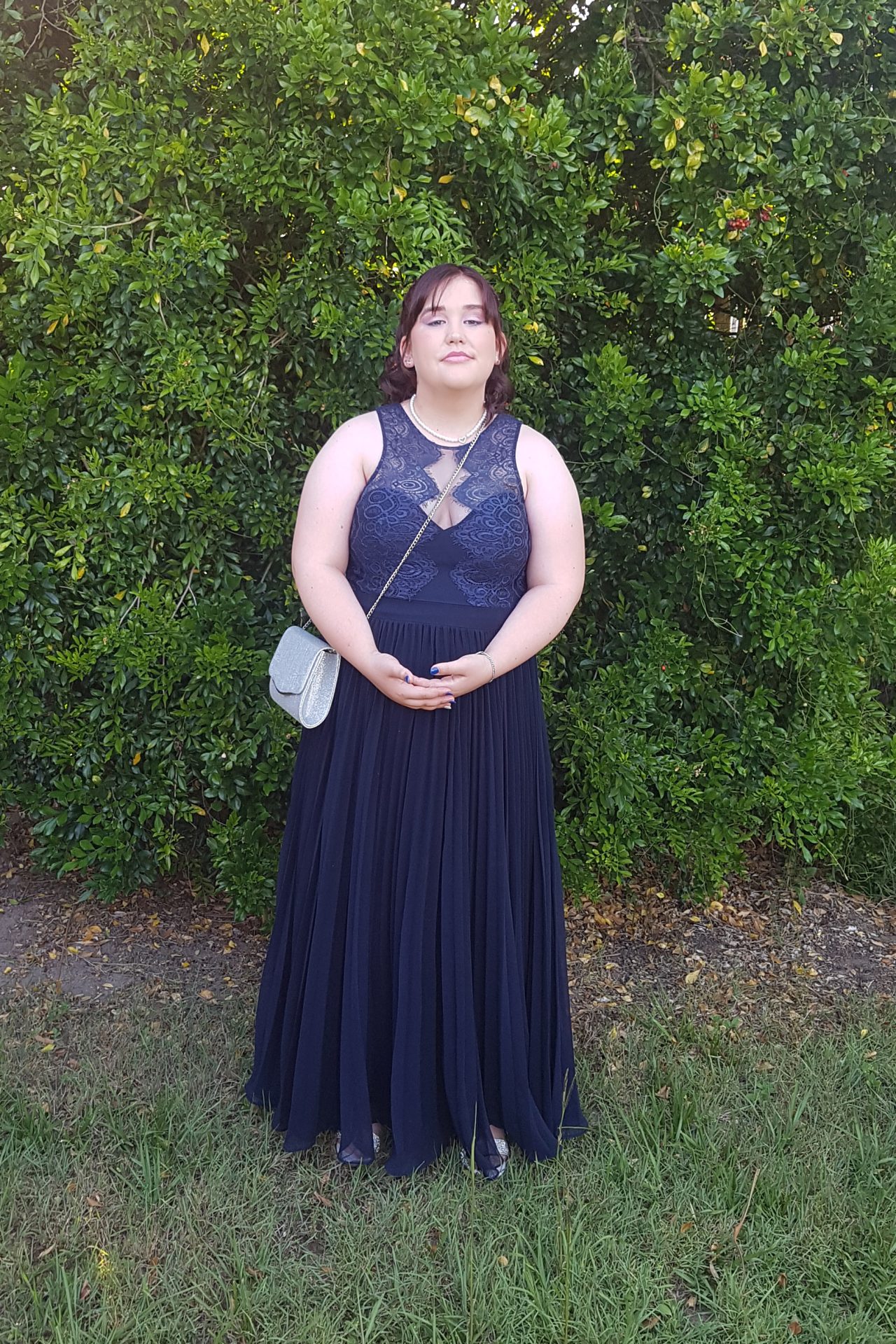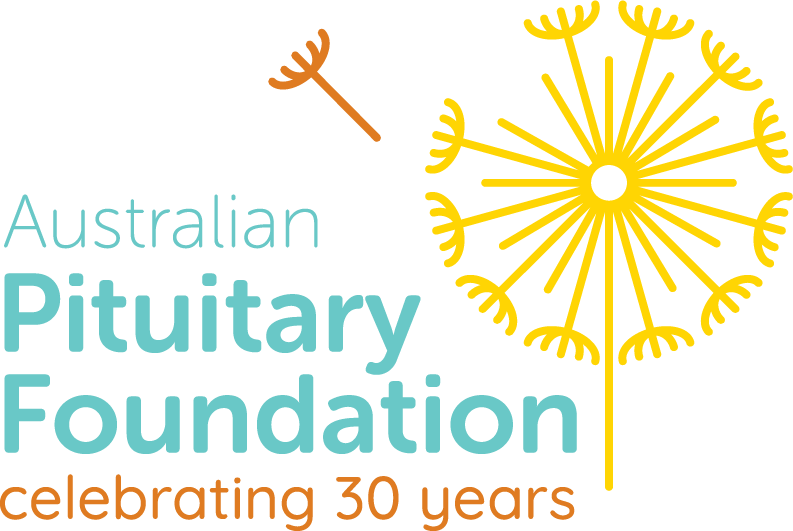Congenital Hypopituitarism
It’s been a rollercoaster of emotions from day one.
Elizabeth, born in June 2005, weighed 9pd 2oz, and was by no means a small baby. However, she was extremely lethargic and too tired to feed, which was both concerning and heartbreaking for her parents. She was also very quiet, particularly in comparison to her three older siblings. At the time, doctors were concerned but thought her size and the difficult labour may have been the reason.
However, just a few hours after her birth, Elizabeth’s blood sugar levels dramatically dropped to dangerously low levels. She was immediately transferred to the special care nursery for urgent medical care. Elizabeth’s parents were filled with fear and anxiety, as they helplessly watched their little girl being poked and prodded, waiting for answers.
Elizabeth remained in the special care nursery for just over a week, where they carried out numerous tests to try and pinpoint exactly what was going on. She also started to display signs of jaundice, which required medical attention. You can only imagine the amount of stress her parents were under at this point.
Following what seemed to be a multitude of tests, Elizabeth was diagnosed with hypothyroidism. She was transferred to the children’s hospital and placed under the wonderful care of the Endocrine team. This was the first time Elizabeth’s parents had the pleasure of meeting her Paediatric Endocrinologist. Little did they know he would play such an important role in Elizabeth’s life.
Elizabeth endured more tests. More poking. More prodding. This time her parents were told that she had multiple hormone deficiencies, which led to her final diagnosis of congenital Hypopituitarism. Shocked and saddened to hear this news, Elizabeth’s parents were also relieved, as it had been such an incredibly stressful time not knowing what was going on.
Thankfully, Elizabeth responded well to treatment and, after what felt like a lifetime, her parents were able to finally take her home. But unfortunately, their joy was short lived, as the rollercoaster did not stop there.
At 12 months of age, Elizabeth’s growth rate had dropped to the lowest percentile. She had more tests, which showed that she was growth hormone deficient. Elizabeth’s Endocrinologist started her on growth hormone treatment at just 14 months of age, which involved medication and daily injections. As you can imagine, the first year was extremely challenging and distressing for both Elizabeth and her parents.
Fast forward to 2022, Elizabeth is now 17 years of age, has just graduated from high school and is absolutely thriving! Her parents and siblings are so very, very proud of her. But it has taken time to adjust to their new normal – getting used to daily medications, injections, regular clinic visits, blood tests, learning the signs to know when to increase her medication and the late-night dashes to the hospital. But one thing is for certain, they wouldn’t change it for the world!
Elizabeth’s journey does not end here. Congenital Hypopituitarism is a life-long condition that needs to be carefully managed and monitored. That’s why Elizabeth’s parents are forever grateful for meeting all the doctors, nurses, and staff at the Mater Mother’s Hospital in Brisbane. They are also grateful for the other parents, that have children with congenital Hypopituitarism, they have met along the way. Their support has been invaluable and fills them with hope.
